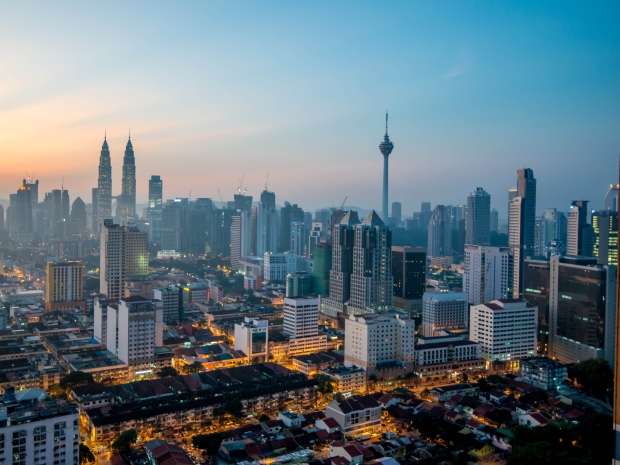Last Friday, the Malaysian Communications and Multimedia Commission (MCMC) published an FAQ that stated it had instructed all ISPs to redirect traffic headed for offshore DNS servers to services operated by Malaysian ISPs -- a move it claimed would prevent access to malicious and harmful websites such as those concerning gambling, pornography, copyright infringement or scams.
It said that the DNS redirection will not affect users connection speeds or browsing experience for legitimate websites.
However, opposition to the plan quickly emerged, on grounds that it could amount to censorship and therefore represented government overreach.
Musician turned state legislator Syed Ahmad Syed Abdul Rahman Alhadad labelled the decision "draconian" and a negative for Malaysia's digital economy.
Fellow state assemblyperson Lim Yi Wei described the policy as "ill-advised," censorship, inefficient, and unsecure -- as well as counterproductive to government efforts to develop tech startups, innovation and datacentres.
Like many bureaucrats caught out raising their power without any good reason, the MCMC responded with angry indignance.
In a statement it complained that it had been “falsely claimed that the measure taken by MCMC is a draconian measure.”
“We reiterate that Malaysia's implementation is for the protection of vulnerable groups from harmful online content," said MCMC.
It admitted though that the whole reason for the blocking was to make it easier to censor sites it considers harmful.
The Commission promised only unlawful websites would be blocked by the local ISP DNS services, and suggested netizens who experience difficulties accessing legitimate websites could take it up with their respective ISPs to be "addressed promptly." Those feeling unfairly targeted could appeal through the Appeals Tribunal.
However, since 2018 the commission has blocked over 24,000 websites. Some 39 per cent of those were blocked for online gambling, 31 percent for pornography or obscene content, and 14 percent for copyright infringement. The rest of the blocked sites were related to unregistered or black market purchases, prostitution and scams, but this requires us to take its word for it.
What appears to have sunk the move was that Malaysia is spending a fortune making itself a digital hub to attract high tech businesses. It is impossible to do that while you have a 20th century style autocratic censorship policy.

